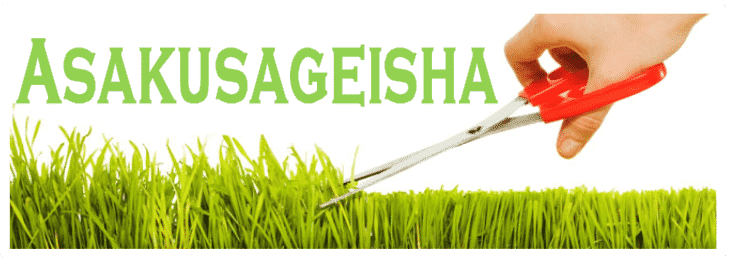Organic Gardening Tips For Every Season Of The Year
You know the health benefits of growing your own organic garden that is why you put the time and effort into it. Use the great information provided in this article to build upon your own current knowledge and hopefully, learn something new to maximize the benefits both for you and everyone you know.
Shoveling soil that is mostly clay can be difficult because of the hardness of the soil, and because it sticks to the shovel. To make your digging project easier, apply a coat of automobile wax to your shovel first and then buff it lightly. The clay won’t stick to it, and the end will not rust as an added bonus.
Be sure to water your garden daily. Without daily water, your garden may quickly turn sour. If the idea of pulling out a hose daily is too much for you to stomach, consider installing some sort of sprinkler system. There is a cost, but it can save a lot of headaches and actually pay for itself via a healthy crop!
For garden plants that crave and need a lot of water, use five gallon buckets to keep those thirsty fruits and vegetables happy. Simply drill or punch several 1/8″ to 1/4″ holes into the bottom of a five gallon bucket, fill with water and set near the parched plant. Gravity allows for a slow and steady watering of those plants and if you live in an area where you get frequent rain, you will be capturing plenty of rain water to keep those buckets fairly full all season long.
When you buy young bare-root trees, keep the root ball moist until your are ready to plant. If the roots dry out, the tree will weaken or die. You should plant the tree as soon as you bring it home. If you cannot, lay the tree on its side and cover the roots with moist peat moss, then cover the roots with a tarp.
Make a do it yourself twine holder by grabbing a rolled up length of twine and putting it into a small clay pot. Pull a small portion of the twine out the drainage hole and flip the pot upside down. You will always know where your twine is instead of digging around for it in a toolbox or shed.
Vegetable water makes a wonderful fertilizer. Next time you boil or steam your vegetables to eat, set aside the cooking water. This water is chock full of nutrients, and will provide a nice, nutritious boost to your garden. Make sure the water is thoroughly cooled first hot water can damage and even kill plant roots.
You can get most of the gardening tools you need second-hand. Visit yard sales and estate sales near you to look for gardening tools at a very low price. You can also visit online trading or donation groups to trade items you have for gardening tools, or even to find find free tools.
Create a non-toxic treatment for black spots on roses. Combine one tablespoon of baking soda, one tablespoon of vegetable oil and one drop of liquid detergent in one gallon of water and shake. Fill a spray bottle with this mixture and when the humidity rises, spray your roses down – making sure to get both sides of the leaves.
To make sure you don’t harm your plants when you water them, only use water at a lukewarm temperature. Cold water can shock your plants, making it more difficult to absorb the water properly. Try filling your watering can before you go to bed at night so that it’ll be the perfect temperature when you’re ready to water your plants in the morning.
Give your garden an exotic look with succulents. Succulents, either planted directly into the ground, or in pots, can give your garden an exotic feel. Most are grown for their interesting shapes, but quite a few have showy flowers. They require lots of light, sandy, rapid-draining soil, and modest watering during the growing season. The hardiest succulents are sedum and sempervivum. They are easy to propagate by clump division, and stems root easily when planted in moist soil.
You need to prune your rose bushes on a regular basis. Pruning a bush helps to increase its circulation, which will help it to be healthier? You should use pruners when pruning a rose bush as they are quick, easy and do not cause damage to the bush when they are used. They are typically cheap and affordable.
To summarize, you already know why it is great to have an organic garden, now it is time to further your expertise in the field. Ideally, you learned something new in this area and will be able to grow a much better garden. There is nothing better than being able to enjoy produce that you grew yourself.
